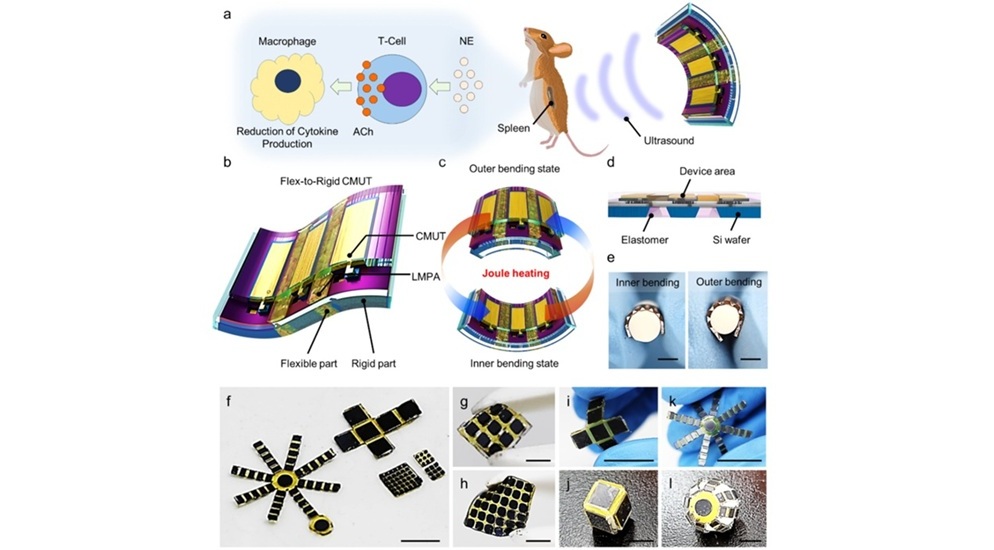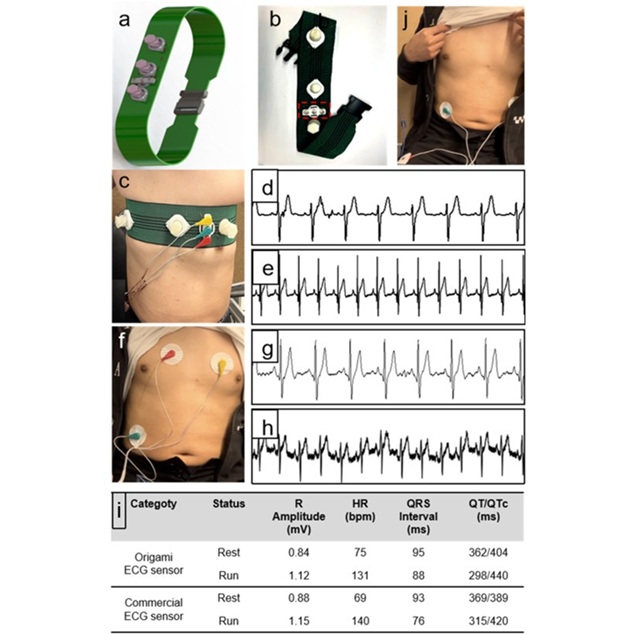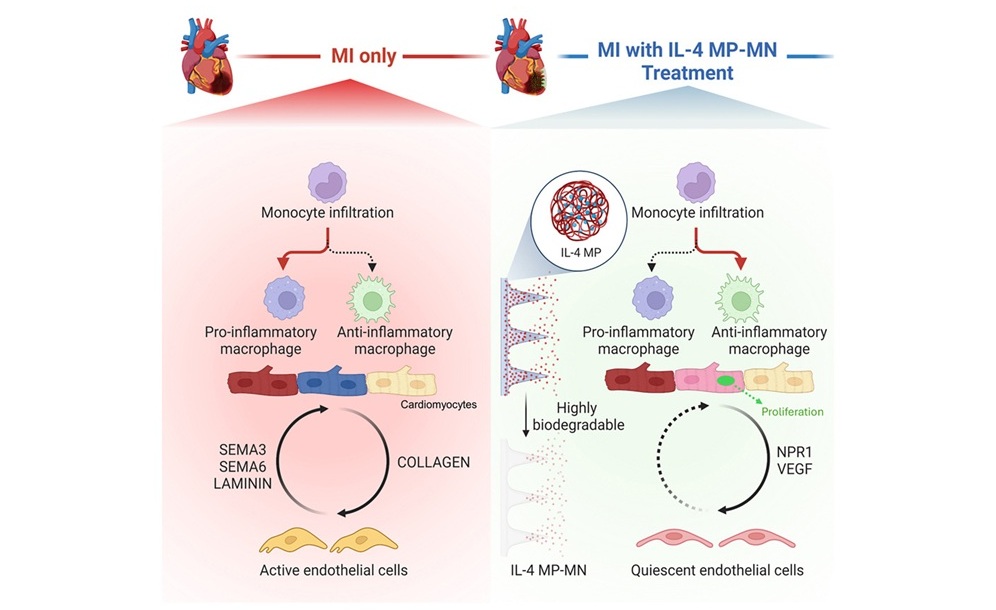Medical Informatics Solutions Improve Patient Care 
|
By HospiMedica International staff writers Posted on 01 Apr 2014 |

Image: SurgeryPad (left) and MITK Pocket (right) (Photo courtesy of Mbits).
Two innovative solutions provide data accessibility and imaging capabilities to ensure efficiency and the best possible treatment at the point-of-care (POC).
Developed by Mbits (Heidelberg, Germany), a spin-off company of the German Cancer Research Center (DKFZ; Heidelberg, Germany), the new solutions deliver medical imaging applications on mobile devices such as smartphones and tablets, the most rapidly developing technology platform in the history of mankind. The two solutions optimize multiple clinical POC uses, ranging from radiological workflows, intraoperative applications, and up to augmented reality.
MITK pocket, specifically designed for mobile devices, offers clinicians access to images while they are off-duty or off-ward, enabling direct inter-expert as well as physician-patient exchange, without being bound to stationary work places. Moreover, patients and clinicians alike may view and interact with images on their own mobile device using an intuitive user interface with sophisticated gesture input possibilities via an innovative motion sensor. Routinely used tools, such as annotations and measurements, are also available as individual level window settings and synchronized multiple window viewing.
An intelligent management capability downloads images in the background, which are then encrypted and stored locally on the device, removing the need of a permanent internet or Wi-Fi connection; Well-established authentication security measures protect image data and privacy. MITK pocket integrates with any picture archiving and communication system (PACS) via a minimal server application that is registered as a Digital Imaging and Communications in Medicine (DICOM) node.
The second innovation, SurgeryPad, is an augmented reality application for tablet computers that helps clinicians visualize individual, three-dimensional (3D) anatomy of patients which are virtually reconstructed from computed tomography (CT) or magnetic resonance imaging (MRI). The images are superimposed on the tablet display to provide an insight into the patient's individual anatomy prior to surgery. During surgery, the camera of the device captures the underlying scene and superimposes the corresponding organs on the display, accurately and in real-time.
Related Links:
Mbits
German Cancer Research Center
Developed by Mbits (Heidelberg, Germany), a spin-off company of the German Cancer Research Center (DKFZ; Heidelberg, Germany), the new solutions deliver medical imaging applications on mobile devices such as smartphones and tablets, the most rapidly developing technology platform in the history of mankind. The two solutions optimize multiple clinical POC uses, ranging from radiological workflows, intraoperative applications, and up to augmented reality.
MITK pocket, specifically designed for mobile devices, offers clinicians access to images while they are off-duty or off-ward, enabling direct inter-expert as well as physician-patient exchange, without being bound to stationary work places. Moreover, patients and clinicians alike may view and interact with images on their own mobile device using an intuitive user interface with sophisticated gesture input possibilities via an innovative motion sensor. Routinely used tools, such as annotations and measurements, are also available as individual level window settings and synchronized multiple window viewing.
An intelligent management capability downloads images in the background, which are then encrypted and stored locally on the device, removing the need of a permanent internet or Wi-Fi connection; Well-established authentication security measures protect image data and privacy. MITK pocket integrates with any picture archiving and communication system (PACS) via a minimal server application that is registered as a Digital Imaging and Communications in Medicine (DICOM) node.
The second innovation, SurgeryPad, is an augmented reality application for tablet computers that helps clinicians visualize individual, three-dimensional (3D) anatomy of patients which are virtually reconstructed from computed tomography (CT) or magnetic resonance imaging (MRI). The images are superimposed on the tablet display to provide an insight into the patient's individual anatomy prior to surgery. During surgery, the camera of the device captures the underlying scene and superimposes the corresponding organs on the display, accurately and in real-time.
Related Links:
Mbits
German Cancer Research Center
Channels
Critical Care
view channel
Nanogel Technology Almost 100% Effective in Destroying Drug-Resistant Bacteria Within Hours
Antibiotic resistance is one of the most serious global health threats, driven by bacteria that evade treatment and form protective biofilms that shield them from drugs. Pathogens such as Pseudomonas aeruginosa,... Read more
Wearable Ultrasound Sensor Delivers Noninvasive Treatment Without Surgery
Wearable ultrasound devices have long struggled with low acoustic power and poor structural stability, limiting their use in high-resolution imaging and therapeutic applications. Conventional flexible... Read moreSurgical Techniques
view channelNovel Endoscopy Technique Provides Access to Deep Lung Tumors
Detecting lung cancer early can save lives, but diagnosing small tumors deep in the outer regions of the lungs remains a major clinical challenge. Although CT scans frequently identify tiny suspicious... Read more
New Study Findings Could Halve Number of Stent Procedures
When a coronary artery becomes acutely blocked during a heart attack, opening it immediately is essential to prevent irreversible damage. However, many patients also have other narrowed vessels that appear... Read morePatient Care
view channel
Revolutionary Automatic IV-Line Flushing Device to Enhance Infusion Care
More than 80% of in-hospital patients receive intravenous (IV) therapy. Every dose of IV medicine delivered in a small volume (<250 mL) infusion bag should be followed by subsequent flushing to ensure... Read more
VR Training Tool Combats Contamination of Portable Medical Equipment
Healthcare-associated infections (HAIs) impact one in every 31 patients, cause nearly 100,000 deaths each year, and cost USD 28.4 billion in direct medical expenses. Notably, up to 75% of these infections... Read more
Portable Biosensor Platform to Reduce Hospital-Acquired Infections
Approximately 4 million patients in the European Union acquire healthcare-associated infections (HAIs) or nosocomial infections each year, with around 37,000 deaths directly resulting from these infections,... Read moreFirst-Of-Its-Kind Portable Germicidal Light Technology Disinfects High-Touch Clinical Surfaces in Seconds
Reducing healthcare-acquired infections (HAIs) remains a pressing issue within global healthcare systems. In the United States alone, 1.7 million patients contract HAIs annually, leading to approximately... Read moreBusiness
view channel
Philips and Masimo Partner to Advance Patient Monitoring Measurement Technologies
Royal Philips (Amsterdam, Netherlands) and Masimo (Irvine, California, USA) have renewed their multi-year strategic collaboration, combining Philips’ expertise in patient monitoring with Masimo’s noninvasive... Read more
B. Braun Acquires Digital Microsurgery Company True Digital Surgery
The high-end microsurgery market in neurosurgery, spine, and ENT is undergoing a significant transformation. Traditional analog microscopes are giving way to digital exoscopes, which provide improved visualization,... Read more
CMEF 2025 to Promote Holistic and High-Quality Development of Medical and Health Industry
The 92nd China International Medical Equipment Fair (CMEF 2025) Autumn Exhibition is scheduled to be held from September 26 to 29 at the China Import and Export Fair Complex (Canton Fair Complex) in Guangzhou.... Read more














